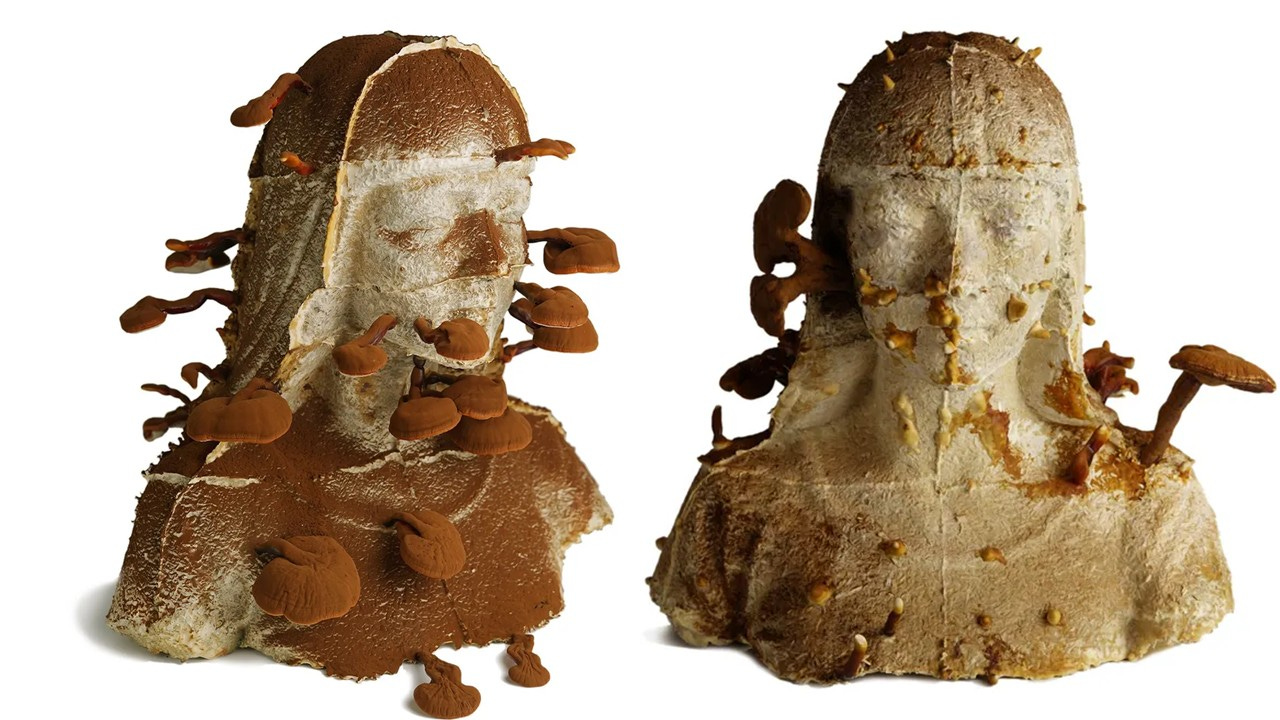Help Your Kids Create Their Own Luck
A Masterpiece Lesson to help your kids understand the connection between effort, observation, and unexpected success.
Chance Favors the Prepared Mind ~Louis Pasteur
Penicillin has saved between 80-200 million lives; but did you know its discovery was an accident?
Alexander Fleming left a petri dish next to an open window while on vacation. He was notorious for his messy desk. While he was away, a spore of the Penicillium fungus found it’s way to the open petri dish and set up a colony. Upon his return, Fleming noticed something strange. All around the fungus, the bacteria was not just absent, it was being actively repelled! This fluke of luck followed by Fleming’s careful observation would be the seminal discovery that would lead to the creation of penicillin.
In a way, discovering penicillin was an accident, but luck alone would never have saved millions of lives.
It was Fleming’s tireless efforts towards finding a way to help thousands of World War I soldiers dying of sepsis (a bacterial infection) that set the stage for chance to find him.
Chance favors the prepared mind, indeed.
There are many who will highlight the accident part of this story, but I want my children to recognize that luck finds those who seek it.
Luck won’t find you while you sit at home waiting for it to arrive. Luck finds those who work hard, persevere, and create opportunities for luck to find them.
So, what is one of the best ways to teach children this value?
Conversation.
I write often about the importance of conversations in curating the character of your children (LINK).
If I can teach you only ONE THING, let that thing be that conversations are the most powerful tool you have to mold mindset, instill integrity, and guide your children to become the best versions of themselves.
With this lesson, I had a beautiful conversation with my children (10 and 7 years old) about Alexandar Flemming and the juxtaposition of his work with an incredible artist that grows mushrooms into her pieces (see picture). We talked about the importance of setting the stage for miraculous things to happen and that while we can control our work, we can’t always control outcome. They were coloring while we talked - a great idea for little kids who are just getting used to complex conversations.
In case you don’t have time to listen, my children’s takeaways
You can’t control nature (7yo)
If you set the stage, chance wants to come to you (10yo)
Sometimes things have to be messy (7yo)
In today’s Masterpiece Lesson Plan, I give you videos and Socratic questions to help you have a conversation with your children where they’ll 👇
Learn about the most important medical discovery of all time and it’s impact on society
Develop critical thinking by examining how Fleming's careful observations turned a chance event into a groundbreaking discovery.
Explore an artist who collaborates with fungi to create art, the perfect medium for a discussion about the importance of setting the stage for luck to find them
Teach your children to value resilience, curiosity, and a proactive mindset through conversation.
Become a paid subscriber to read on. The annual membership is on sale for summer $5/month — cheaper than one (1!) box of crayons.



